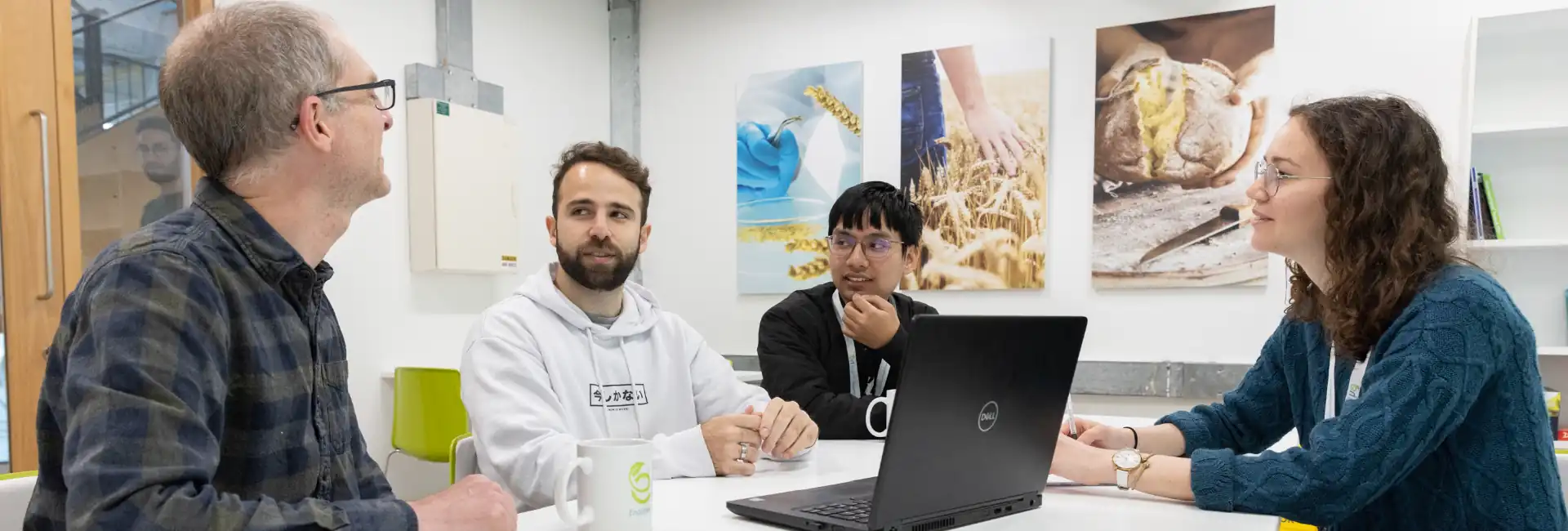We believe that the greatest challenge facing our society is how meet human needs for food, materials and energy with a growing global population whilst sustaining the planet’s ecosystems and vital services.
We also believe that Universities are uniquely positioned to help solve this challenge, which is why the Environmental Research Institute (ERI) was established in 2000 by University College Cork as a flagship institute to integrate researchers from over 20 different disciplines addressing the multi-faceted nature of sustainability.
In 2025, the Environmental Research Institute became the Sustainability Institute, and with this change comes a renewed ambition to tackle the complex, interconnected challenges of climate change, biodiversity loss, and resource scarcity through transformative research, innovation, and education that drive real-world impact.
Our Vision
The Sustainability Institute aims to strengthen the University’s ability to collaborate across disciplines and engage with society to address urgent sustainability challenges, bridging the gap between scientific research and real-world needs.
Our Approach
The Sustainability Institute harnesses the University’s strengths in interdisciplinarity, research excellence, impactful scholarship, and leadership to tackle the complexity of today’s global sustainability challenges. These challenges demand more than “research-as-usual” - they require deep collaboration across disciplines and sectors to create usable knowledge and robust solutions.
We are committed to actionable, solutions-focused research; the formation of interdisciplinary teams spanning the natural and social sciences, business, law, and humanities; and the development of long-term partnerships with stakeholders in government, industry, NGOs, and communities.
The Institute fosters a dynamic research environment where diverse expertise is integrated to address environmental challenges in a truly collaborative and synergistic way. From fundamental discovery to applied solutions, our work is driven by the goal of delivering real-world impact—advancing environmental, social, and economic sustainability.
Sustainability Institute
Contact us
Ellen Hutchins Building, 6 Lee Rd, Sunday's Well, Cork, T23 XE10 and Beaufort Building, Ringaskiddy, Cork, P43 C573,

